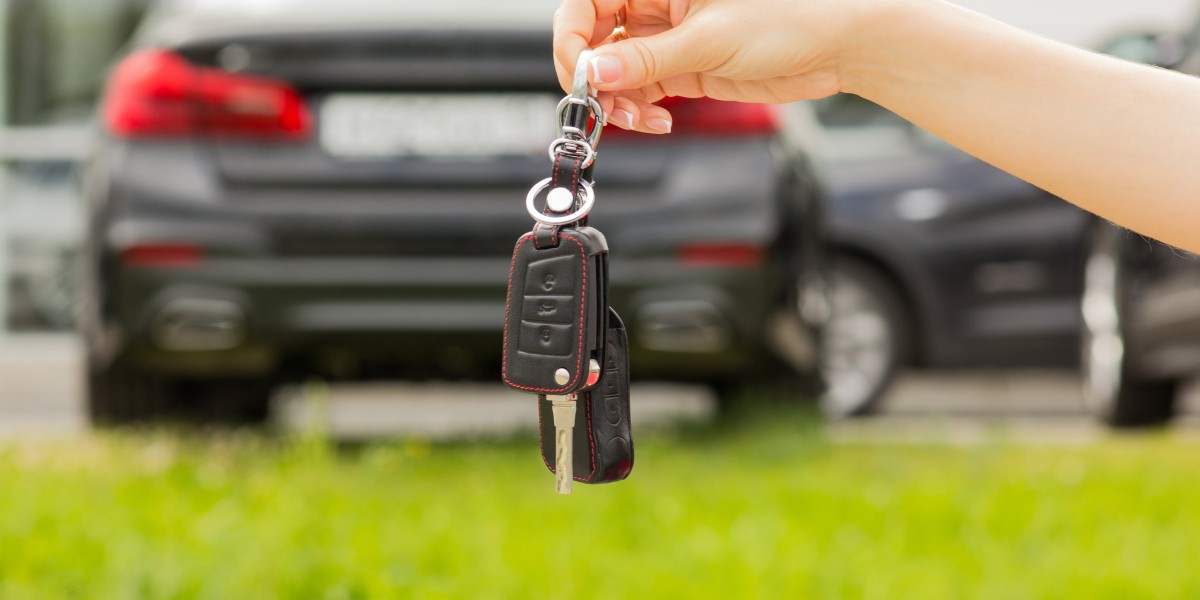Auto Car Key Replacement: A Comprehensive Guide
Car keys are essential parts of vehicle ownership. They make sure the security of the vehicle and facilitate easy gain access to for licensed users. Nevertheless, losing or harming car keys can be a frustrating experience. Understanding the procedure of auto car key replacement can help car owners browse this unexpected scenario efficiently. This post digs into the types of car keys, the replacement procedure, costs included, and frequently asked questions to give readers a well-rounded understanding of auto car key replacement.

Understanding Car Keys
Car keys come in various types, each designed for particular security standards and technologies. The most typical types include:
- Traditional Metal Keys: The standard keys utilized for older designs, often easily reproduced.
- Transponder Keys: Equipped with a little chip that communicates with the car's ignition system, these keys improve security by avoiding unauthorized usage.
- Remote Key Fobs: These allow for keyless entry and, in some cases, engine start. They typically include a transponder chip.
- Smart Keys: A more advanced kind of key that makes it possible for keyless entry and ignition. The owner can start the vehicle while still in their pocket or handbag.
- Keyless Entry Systems: Activated through distance sensing units, allowing the motorist to unlock and start the vehicle without physically utilizing a key.
Table 1: Types of Car Keys
| Kind of Key | Description | Security Level |
|---|---|---|
| Standard Metal Key | A standard key for opening and beginning older cars | Low |
| Transponder Key | Contains a chip for electronic interaction | Medium |
| Remote Key Fob | Permits keyless entry and might include remote start | High |
| Smart Key | Offers keyless entry and functionality with proximity | Really High |
| Keyless Entry System | Unlocks and begins vehicle immediately | Really High |
The Auto Car Key Replacement Process
When faced with a lost or damaged car key, understanding the replacement procedure is crucial. Here are the actions involved:
1. Assess the Situation
Before taking any action, verify whether the key is genuinely lost or damaged. Look for spare keys or other potential hiding areas within the vehicle or home.
2. Gather Necessary Information
Once it's verified that the key is undoubtedly missing or broken, collect essential information about the vehicle. This details typically includes:
- Make and design of the vehicle
- Year of manufacture
- Vehicle Identification Number (VIN)
- Proof of ownership (vehicle title, registration, or insurance coverage)
3. Choose a Replacement Method
Car owners have numerous choices for changing lost or broken keys. The very best option typically depends on the type of key involved:
- Dealership: The dealership can create a new key based upon the VIN, which is a safe and secure way to ensure you get a key that deals with your vehicle.
- Locksmith: A competent automotive locksmith professional can be more cost-effective and practical, specifically for transponder keys or clever keys.
- Do It Yourself Key Replacement Kits: Available at automotive shops, these kits may be suitable for traditional keys, but caution is encouraged for modern-day keys.
4. Acquire a New Key
Once the chosen alternative has been picked, the next step includes either going to the car dealership or locksmith to have the new key developed. Make certain the car exists if it's required for programming purposes.
5. Program the New Key
Depending upon the type of key, programs may be necessary. This makes sure that the brand-new key is recognized by the vehicle's ignition system. Dealers and locksmith professionals generally have the tools required for this.
6. Test the Key
After programming, test the key to guarantee it operates in both the ignition and locks.
7. Think About Additional Security
If a key is lost, it might present a security threat. In such cases, think about reprogramming the vehicle's locks or the transponder system to prevent prospective theft.
Expense of Auto Key Replacement
The cost of changing a car key differs substantially based on several aspects, including vehicle make and model, and the approach used for replacement. Here is a basic cost breakdown:
| Replacement Method | Typical Cost Range |
|---|---|
| Dealership | ₤ 150 - ₤ 500 |
| Automotive Locksmith | ₤ 100 - ₤ 300 |
| DIY Key replacement Car remote Kit | ₤ 10 - ₤ 50 |
Frequently Asked Questions About Auto Car Key Replacement
Q1: Can I replace my car key myself?
A1: Depending on the kind of key, you can use DIY packages for standard metal keys. Nevertheless, modern keys often require expert programs.
Q2: How long does it require to get a replacement key?
A2: The process can take just thirty minutes for locksmiths but may take longer at dealerships, especially if special ordering is required.
Q3: What if I lose my only car key?
A3: If the only key is lost, you might need to have your vehicle pulled to a locksmith or dealer for a replacement.
Q4: Is it cheaper to get a key made at a car dealership or locksmith?
A4: Generally, locksmiths can use a more affordable service, particularly for non-high-security keys.
Q5: What can I do to avoid losing my car keys in the future?
A5: Consider utilizing key finders, key hooks, or designated areas in your home or car for easy access.
Reliable auto car key replacement is a crucial aspect of vehicle ownership. Comprehending the kinds of keys, the replacement procedure, and the associated costs can help car owners make notified decisions when confronted with lost or harmed keys. By being proactive, people can lessen the inconvenience and prospective expenses associated with key replacement.







